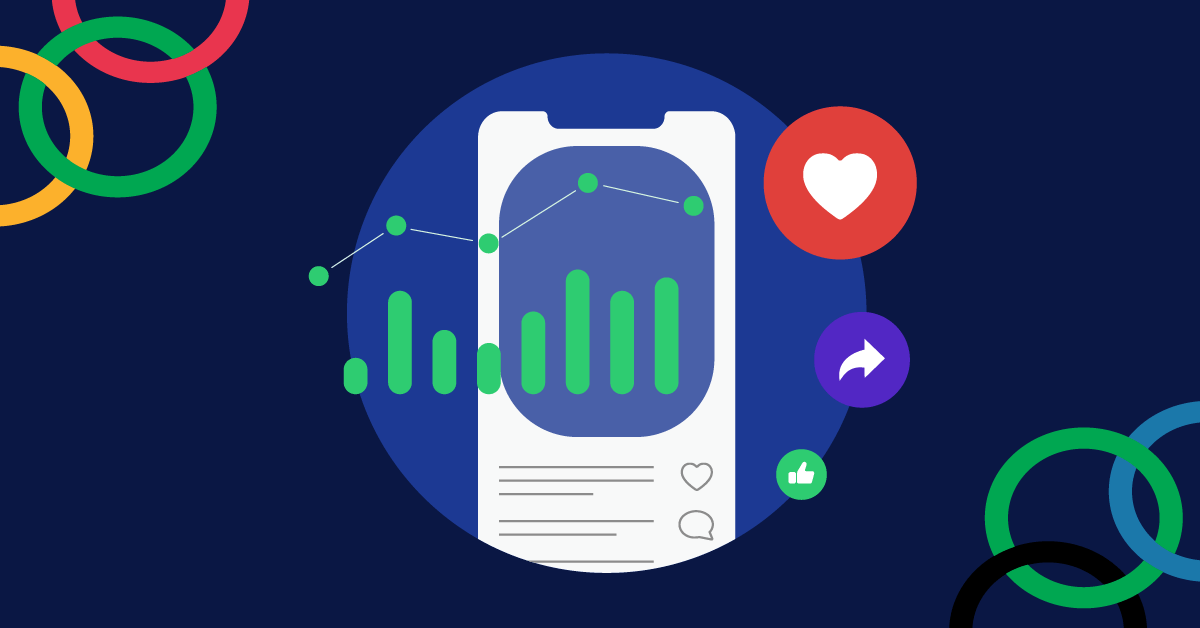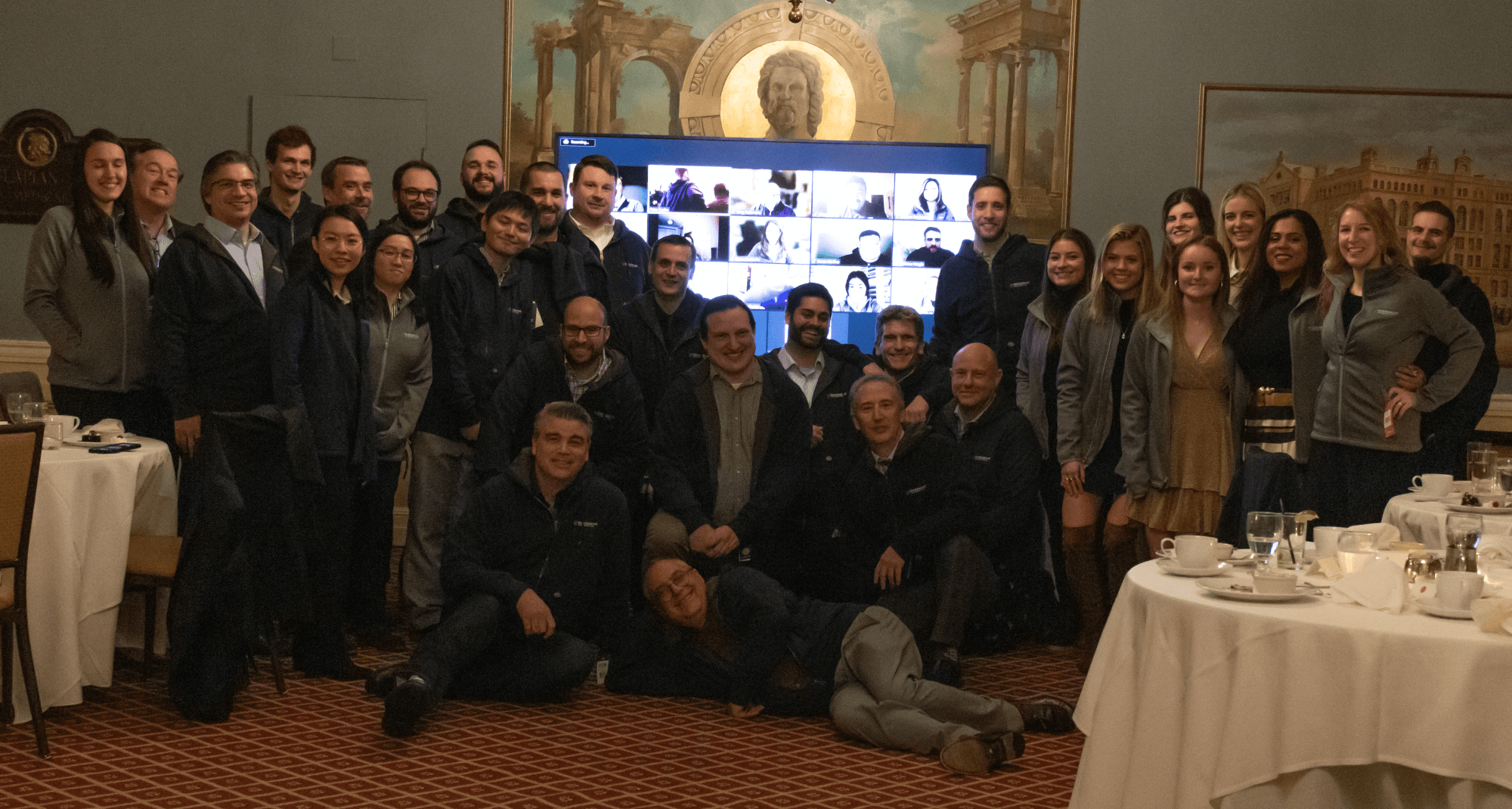
How Athletes and Brands Capitalized at Unprecedented Levels
The 2024 Summer Olympics in Paris were more than a display of athletic prowess; they were a testament to the influence of social media on global events. The Games showed how intertwined sports and digital have become. This shaped how audiences consumed the event, how athletes interacted with fans, how brands engaged with consumers, and how the very narrative of the Olympics was constructed.
Key Learnings from the Impact of Social Media on the 2024 Summer Olympics
- Athletes leveraged social media to share their Olympic journeys in real-time, offering fans unprecedented access to behind-the-scenes moments, personal reflections, and direct communication.
- Fans became active participants in the Olympic experience by creating and sharing their content, adding diversity and authenticity to the Games’ coverage.
- Australian breakdancer Rachael “Raygun” Gunn became a viral meme during the Paris 2024 Olympics.
- Athletes became influential brand ambassadors, using their social media platforms to promote products and causes in ways that resonated authentically with their followers.
- Snoop Dogg became an Olympic cultural phenomenon through his charismatic commentary and unexpected participation, blending humor with sports to captivate audiences globally.
- Brands launched interactive social media campaigns that capitalized on Olympic excitement, encouraging user participation and creating a sense of global community.
- While social media brought many positives, it also exposed athletes to cyberbullying and harassment, highlighting the need for better online protections and mental health support.
The Evolution of Athlete-Fan Interactions: Building Authentic Connections
The 2024 Olympics truly celebrated the athletes and created a new bridge with fans. Athletes like Ilona Maher used platforms like TikTok to share their experiences in the Olympic Village, offering an unfiltered glimpse into life behind the scenes. Maher’s humorous and relatable content quickly gained traction, earning her a massive following and becoming a social media star.
(Source: Instagram)
Similarly, athletes like Simone Biles used Instagram to showcase performances and address critical issues such as mental health. Biles shared candid reflections on her struggles, which resonated with millions of followers and sparked meaningful conversations online.
Athletes could also manage their public personas more effectively, addressing controversies, sharing personal stories, and engaging in real-time with supporters and critics. The result was a more intimate and authentic Olympic experience, where fans felt personally connected to the athletes they admired.
User-Generated Content: Amplifying the Olympic Spirit
User-generated content (UGC) was crucial in amplifying the Olympic spirit during the 2024 Games. Fans weren’t just passive observers but active participants by creating and sharing content. The #MyOlympicMoment trend on TikTok exemplified this phenomenon, with users recreating famous Olympic scenes or sharing their emotional connections to the Games.
Australian Breakdancer: Breaking the Internet
Australian breakdancer Rachael Gunn, also known as “Raygun,” became a viral sensation during the Paris 2024 Olympics after her unconventional performance in the women’s breakdancing event. Despite receiving zero points from the judges and failing to advance, her distinctive style and unexpected moves captured the internet’s imagination, leading to a flood of memes on platforms like Twitter, Reddit, and TikTok. This viral moment has made Raygun a symbol of the Olympics’ shift towards embracing social media-driven content, engaging younger audiences through memes and online humor.
(Source: X.com)
Influencer Marketing and Brand Sponsorship: A New Era of Advertising
Influencers have become crucial during the Olympics, helping to expand the event’s reach and connect with diverse audiences through engaging content that blends sports with culture and entertainment. They play a vital role in broadening the appeal of the Games beyond traditional sports fans, integrating the event into the broader social media landscape.
However, NBC’s attempt to leverage 27 social media influencers during the 2024 Paris Olympics highlighted the limitations of this approach. Influencers such as Lecrae and Jasmine Nguyen, known for their authentic and engaging content, were contracted by NBC for Olympic coverage, leveraging their influence to connect with diverse audiences during the 2024 Paris Olympics. Despite the significant investment, it was athletes and entertainers like Snoop Dogg who truly resonated with viewers and went viral, underscoring that audiences prefer authentic, spontaneous content over curated influencer posts.
(Source:Instagram)
Snoop Dogg: The Shining Light on NBC Coverage
Snoop Dogg became a cultural phenomenon at the 2024 Paris Olympics through his unique blend of humor, charisma, and unexpected athletic participation. His role as an Olympic correspondent for NBC, a continuation of his successful stint in 2021, involved him attending events, engaging with athletes, participating in Olympic trials, and being a torchbearer. His infectious energy and interactions with sports legends like Michael Phelps and Billie Jean King turned him into an Olympic icon, bridging the gap between pop culture and sports.
(Source: Instagram)
Challenges and Controversies: Navigating the Complexities of Social Media
While social media brought numerous benefits to the 2024 Olympics, it also introduced challenges that highlighted the complexities of these platforms. One of the most significant issues was the cyberbullying and harassment faced by athletes.
British diver Tom Daley, who won gold in the men’s synchronized diving event, was subjected to a wave of homophobic abuse on Twitter following his victory. Despite his success, the negative comments took a toll on his mental health, prompting a broader conversation about the need for better protections and support for athletes in the digital age.
The Future of Social Media and the Olympics: Lessons Learned and Moving Forward
The 2024 Summer Olympics demonstrated the opportunities and challenges social media brings to global events. As the world looks ahead to future Games, there is an opportunity to build on the successes of 2024 by enhancing positive engagement and addressing the challenges that emerged.
Social media platforms can continue to evolve, offering fans even more immersive and interactive experiences.
Interested in learning more? Schedule a consultation with our team to explore how we can help you achieve your social media marketing goals.









